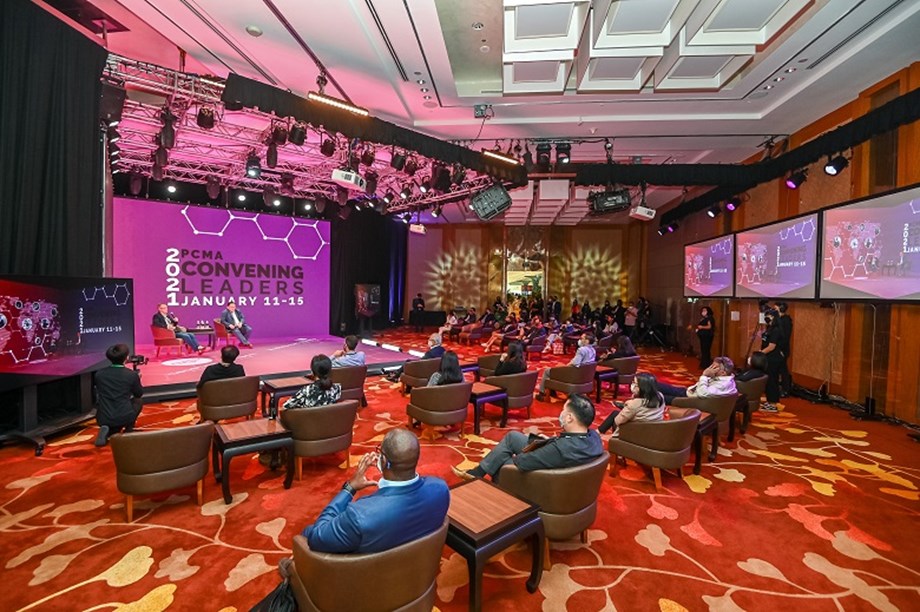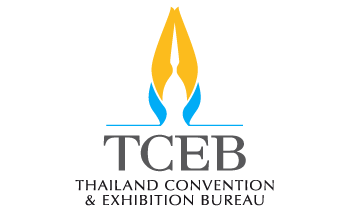
MICE INITIATIVES
Hybrid events: Are we on the brink of revolution?
Technology is constantly evolving, but practice makes perfect
This article was originally found on M&C/Asia.
As event technology and audience behaviour continue to evolve in the wake of Covid-19, education and upskilling will play a critical role in supporting the longevity of the business events industry.
Digital and hybrid events have already cemented their place in our industry’s future, and ongoing training to keep up with the pace of change will prove vital as individuals and businesses rebuild over the coming months and years.
“Event organisers and attendees were too scared to try [digital events] before, but Covid-19 has pushed us off the deep end,” says Justin Choy, managing director HK, Creative Technology, and one of PCMA’s APAC experts behind the association’s Digital Event Strategist (DES) Certification.
“When we think about the rise of on-demand entertainment like Netflix and Disney+, and the ease of access to mobile technology, the writing has been on the wall for some time,” Choy explains. “After the initial shock of the pandemic, people now feel more comfortable sitting in front of a camera and talking to people… Clients also appreciate the efficiencies of time and the opportunity to reach a much larger audience with digital events.”
At the forefront of the industry’s shift towards digital transformation, Choy has helped several clients navigate the ‘new norm’ of digital and hybrid events. As part of the DES certification, he’s sharing his knowledge with event organisers across the region.
Recognising and adapting to consumer habits and client needs is the first step to success, but as with any learning journey, practical experience is essential.
“There’s no one solution for digital events,” he says. “Even for live events, there are so many different specialists, from venue managers and caters to exhibition stand builders and production and storytelling agencies.
“We’re in our infancy — there’s still so much to do and so much to learn — but practice makes perfect. Just like everything else, we need to get better at it.”
Choy admits that the rapid pace of technological innovation can be especially challenging, but his advice is to “find partners you can trust who can hold your hand throughout the process”.
And so, a collaborative approach is often best.
“We need to curate digital solutions and have an open dialogue [with clients and other event/tech specialists] because there is no one expert. Talk to everyone.”
Even when in-person events return, Choy says the knowledge exchange surrounding digital storytelling and hybrid events must continue.
“It would be a huge detriment to the industry to go back to the old ways of doing things because we’re on the brink of something revolutionary. We need to spread the knowledge so more people are educated, which will spark ideas to do things better.”
Choy specialises in visual effects and virtual production, which means working with green screens and VR and AR technology — where price can present a hurdle for some event organisers. In fact, the most common question among DES participants thus far is: how to bring costs down?
In response, Choy says that many organisers are designing virtual events as “a live event replacement”. This equates to “doing a lot of things that aren’t very effective, and not using money wisely. We need to think differently”.
He adds: “When it comes to ROI, we need to think about how companies like Uber, YouTube and Apple did it back in the day when doing something revolutionary… we need to focus on driving adoption.”




